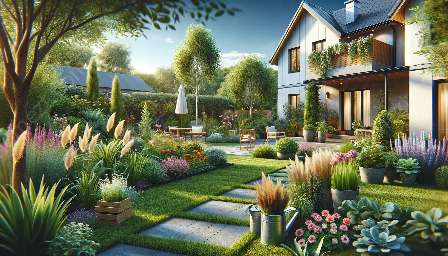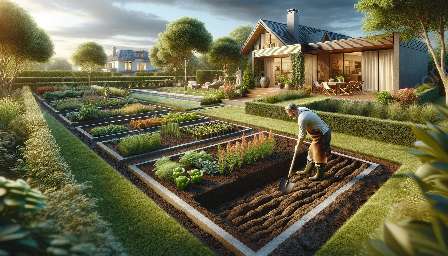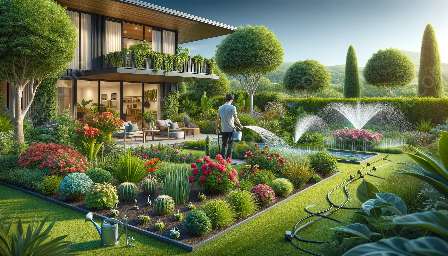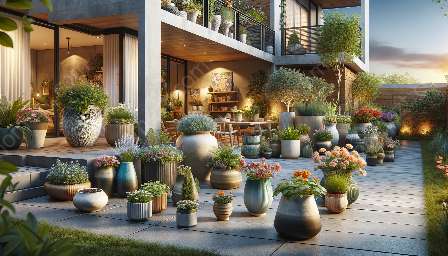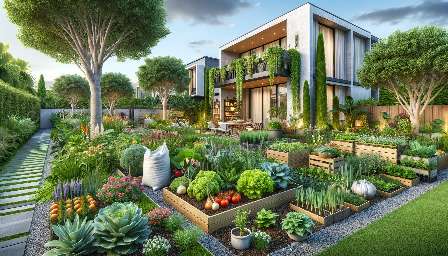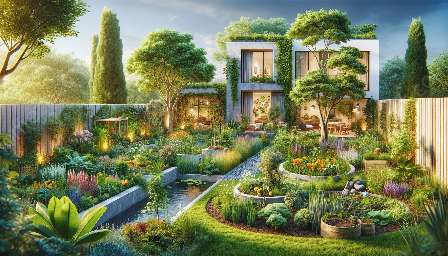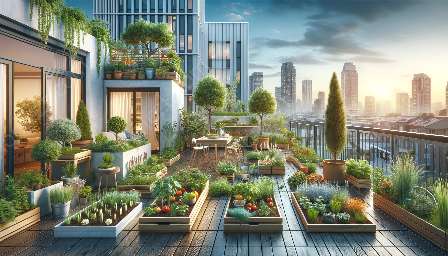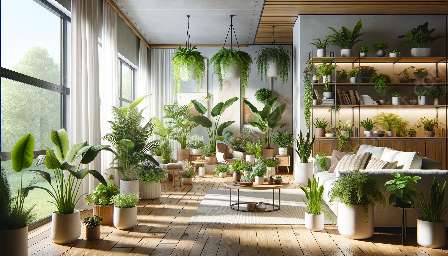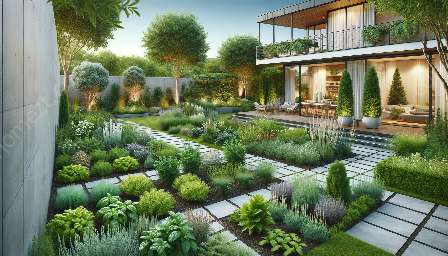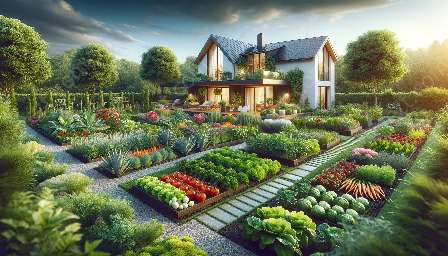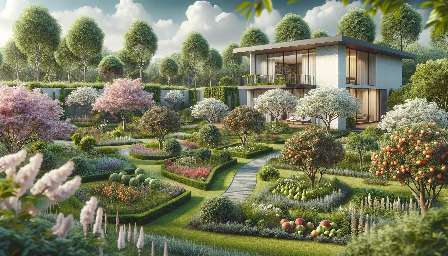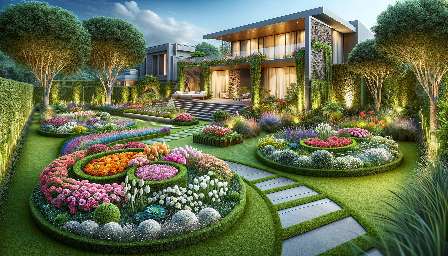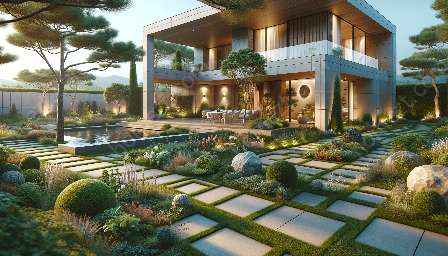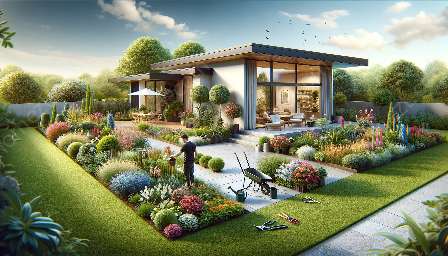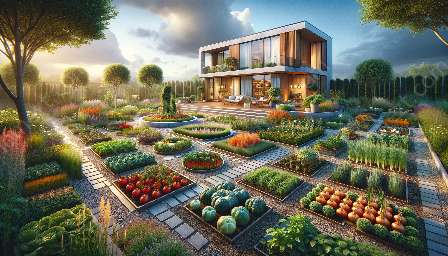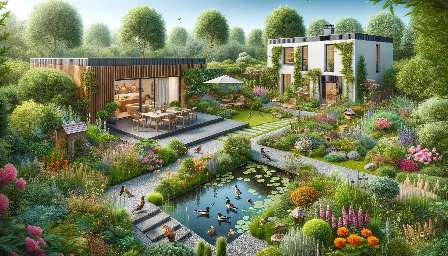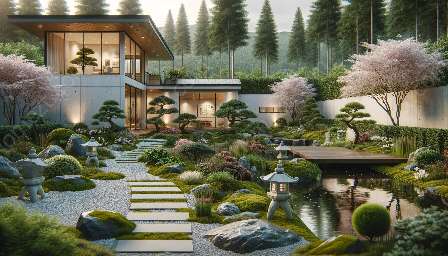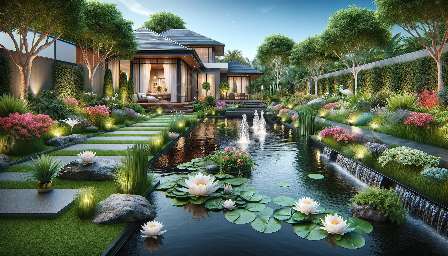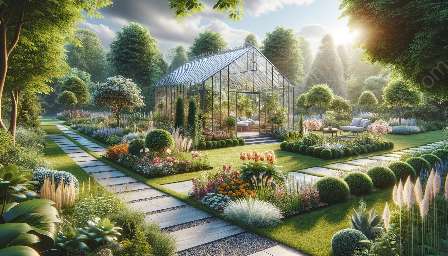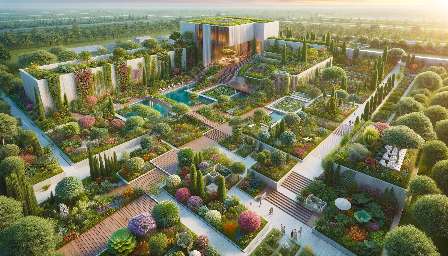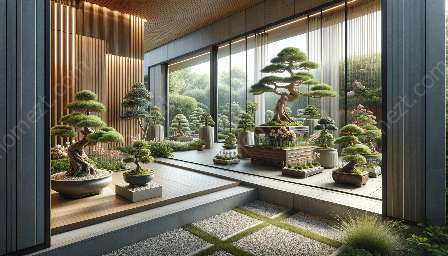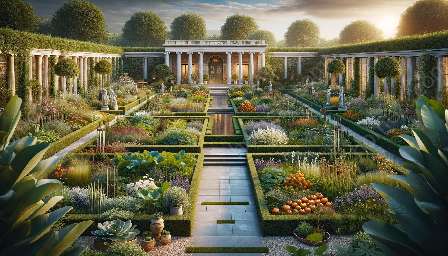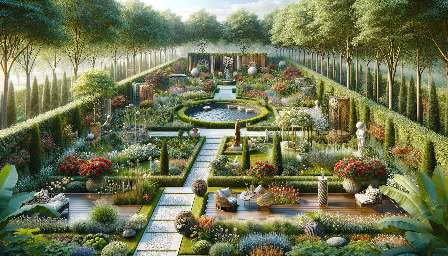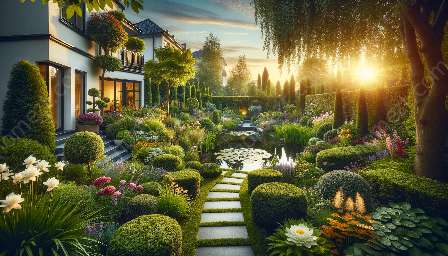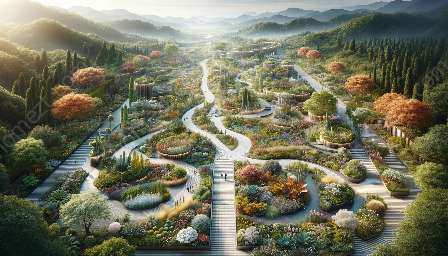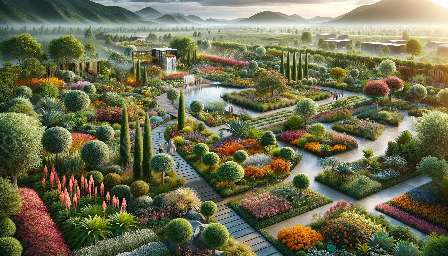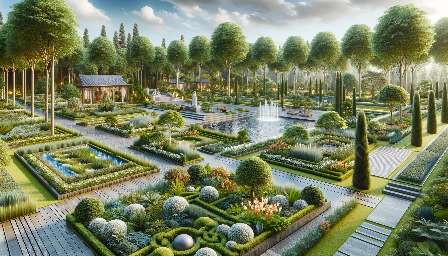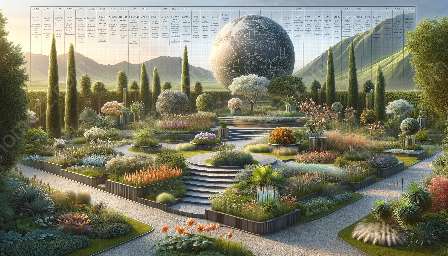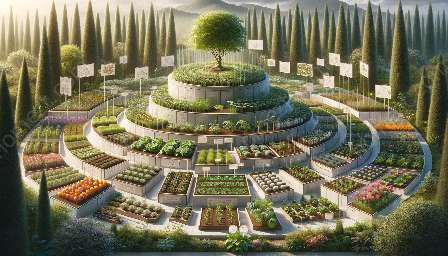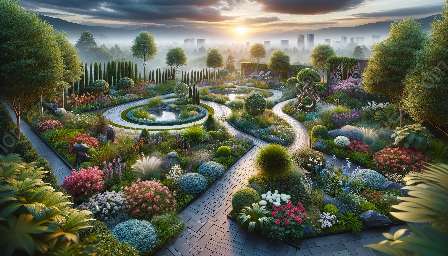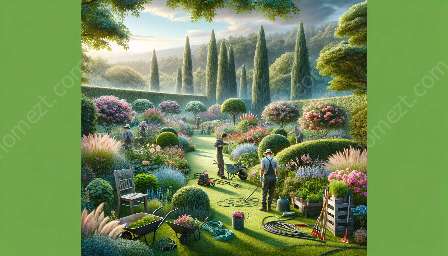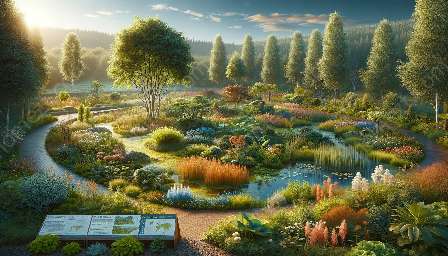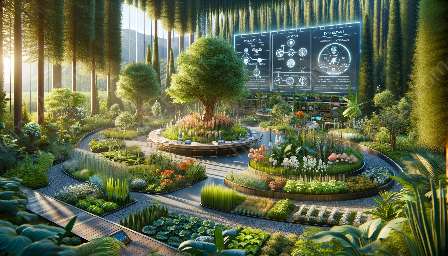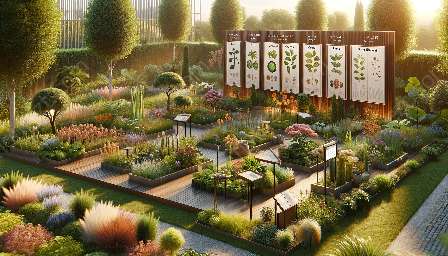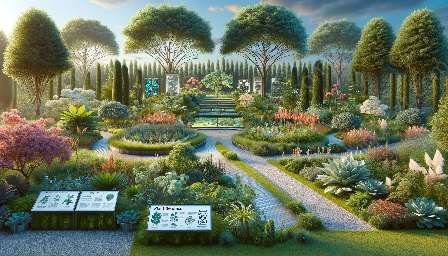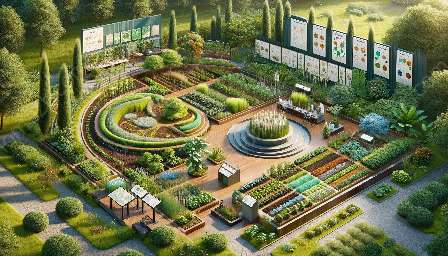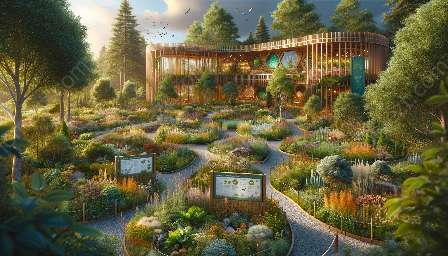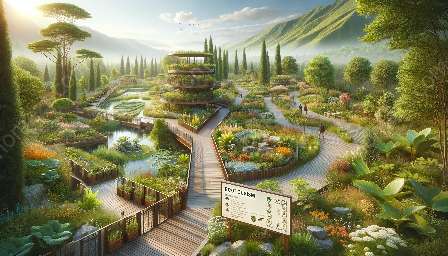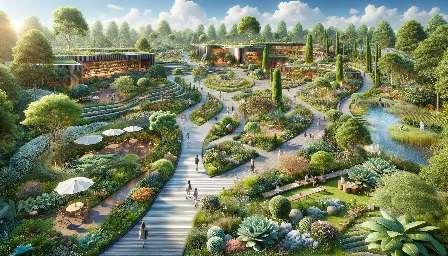Botanical gardens are enchanting sanctuaries that offer a glimpse into the diverse and captivating world of plant life. These gardens are carefully curated to showcase an array of plant species, creating a paradise of colors, scents, and textures. For gardening and landscaping enthusiasts, botanical gardens serve as a wellspring of inspiration and education, providing valuable insights into the art and science of cultivating and beautifying outdoor spaces.
Exploring the Botanical Garden Experience
A visit to a botanical garden is a sensory feast, engaging the eyes, nose, and mind. As visitors wander through carefully manicured landscapes, they encounter a treasure trove of plant species from around the world. Each section of the garden represents a different ecosystem, carefully designed to mimic the natural habitats of the plants on display. From lush tropical rainforests to serene desert landscapes, botanical gardens transport visitors to far-flung corners of the globe, offering a microcosm of the earth's botanical diversity.
Botanical Gardens and Gardening
For gardening enthusiasts, botanical gardens are a rich source of knowledge and inspiration. By observing the plants in their natural environment, gardeners can gain insights into the specific requirements and preferences of various species. From understanding soil conditions to learning about optimal sun exposure, botanical gardens provide a real-world classroom for gardening enthusiasts to expand their knowledge and refine their techniques.
Furthermore, botanical gardens often incorporate themed areas, such as herb gardens, rose gardens, or water gardens, offering practical examples of how to design and maintain specialized garden spaces. These showcases spark creativity and encourage gardeners to experiment with new plant selections and landscaping ideas in their own gardens.
Landscaping Lessons from Botanical GardensLandscaping professionals and homeowners looking to enhance their outdoor spaces can draw valuable inspiration from botanical gardens. These enchanting landscapes demonstrate the artful balance of color, texture, and form, showcasing how plants can be harmoniously combined to create visually stunning and functional outdoor environments.
Moreover, botanical gardens often feature architectural elements, such as gazebos, pathways, and water features, demonstrating how hardscaping and softscaping can be combined to create inviting and cohesive outdoor spaces. By studying the layout and design of botanical gardens, landscape enthusiasts can gain insights into how to develop harmonious outdoor living areas that reflect their own personal style and preferences.
The Continued Relevance of Botanical Gardens
Botanical gardens hold profound cultural and educational significance, serving as vital centers for plant conservation, research, and public engagement. The preservation and display of rare and endangered plant species are crucial aspects of a botanical garden's mission, contributing to global biodiversity conservation efforts.
Furthermore, botanical gardens play a pivotal role in educating the public about the importance of plants and ecosystems, serving as platforms for environmental education and awareness. Through interpretive signage, workshops, and guided tours, botanical gardens strive to foster an appreciation for nature and inspire visitors to become stewards of the environment.
Bringing Botanical Garden Inspiration Home
The beauty and wonder of botanical gardens are not confined to their grounds alone. Their influence can be seen in countless home gardens, where enthusiasts have sought to replicate the enchanting ambiance of these plant havens. By carefully selecting and arranging plants, integrating architectural features, and creating diverse micro-habitats, homeowners can infuse their own outdoor spaces with the magic and allure of botanical gardens.
Bringing botanical garden inspiration home goes beyond mere imitation - it involves adapting and interpreting the elements of botanical gardens to suit one's personal style and local climate. Whether creating a lush retreat for relaxation or a bountiful space for growing edibles, homeowners can draw on the principles of botanical garden design to transform their outdoor areas into captivating and vibrant extensions of their living spaces.
Conclusion
Botanical gardens offer a captivating journey into the world of plants, providing a source of inspiration, education, and conservation. Their influence extends to those passionate about gardening, landscaping, and home and garden, offering valuable insights and ideas for creating beautiful and sustainable outdoor environments. Whether as a venue for learning or a place of tranquility, botanical gardens continue to be treasured as living museums and sanctuaries of nature's beauty.


